The bloody war on drugs orchestrated by former Philippine President Rodrigo Duterte may have slipped into the shadows, but it is still exacting a human toll.
On 18 July, the International Criminal Court (ICC) rejected the Philippines’ appeal to halt an international investigation into alleged crimes committed between 2011 and 2019 under a mantle of legitimacy. According to a civil society leader, moments after the ICC ruling an old woman – still grieving her grandson’s killing in 2019 – breathed her last, awaiting justice that may yet be far in the future.
“This is a kind of victory but still needs more work to be done,” said Deaconess Rubylin G. Litao, coordinator of the United Methodist Church-led organisation Rise Up for Life and for Rights. She spoke after attending the Manila funeral of the woman, a fellow organiser, but declined to give her name in hopes of protecting the surviving family.
“Some families have been waiting for this for almost a decade, while others didn’t survive long enough,” Litao said. “There are still nameless victims who were killed by this war. There are more families who are still silent and are trying to bury the truth.”
Officially, about 6,000 people were reported killed in the war on drugs between 2016 and 2019. Litao and her alliance believe thousands more victims have not been recorded – the ICC prosecutor has claimed as many as 30,000 people were killed in that same period.
The Philippines formally withdrew from the ICC in 2019, about a year after the organisation announced intent to look into killings related to the drugs crackdown. Two years later, in 2021, the ICC prosecutor requested authorisation from the pre-trial chamber to initiate an investigation.
But after years of debate over the alleged ineffectiveness and partiality of a domestic inquiry into the war on drugs, the ICC upheld last month its ability to carry on its international probe, rejecting the Philippines’ appeal to keep things behind closed doors. The latest court ruling means its investigation will continue, though President Ferdinand Marcos Jr. has already declared his intention to stay out of it.
In recent comments to the Filipino press, he pointed to “very serious questions about their jurisdiction and about what we consider to be interference and attacks on the sovereignty of the Republic.”
“We are essentially disengaging from any contact, from any communication with the ICC,” Marcos Jr. said.
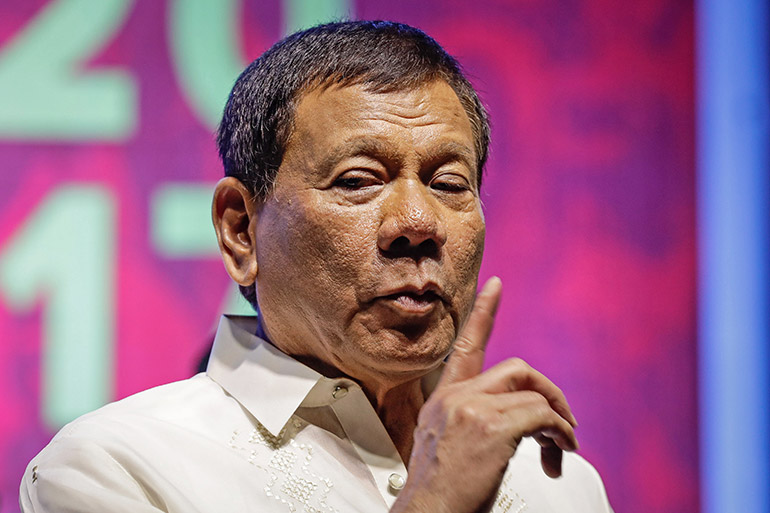
Shortly after he became president in 2016, Duterte launched a brutal crackdown on drug-related crimes. He authorised police to arrest or kill those involved with illegal drugs under two operations, or “plans”, packaged under a campaign known as “Double Barrel”.
These operations included “Tokhang”, which targeted suspected low-level users or dealers at their homes, and “High-Value Target”, which aimed at bigger industry players.
This campaign is central to the ICC’s inquiry, but the scope of its proposed investigation would run even deeper than that, ranging from November 2011, when the Philippines became a member of the court, and March 2019, when it pulled out.
As part of that, the court accepted the request to extend its inquiry beyond Duterte’s war on drugs to include the so-called “Davao Death Squad”.
When Duterte was mayor of Davao City, between 2011 and 2016 and prior to his election as president, 385 extrajudicial killings were allegedly carried out by local authorities. Duterte implemented a hard-core approach to drug-related crimes and during his presidential campaign openly committed to investing in a bloody “war on drugs”.
Soon after the ICC authorised the investigation, the Philippines filed a request for a deferral, claiming the court lacked jurisdiction over crimes committed in the country after it withdrew from the court. In January of this year, the pre-trial chamber granted the prosecutor’s request to resume investigations, confirming the court’s jurisdiction over activities when the Philippines was a member. Marcos Jr. filed another appeal, which was rejected by the court’s latest pre-trial chamber decision.
The ICC prosecutor’s office, which is conducting the investigation, stated it had worked with the Filipino government during the deferral process and “hopes to explore ways to cooperate with all parties concerned”.
Litao’s alliance is one of them. The organisation is committed to continuing its engagement with the community and supporting families to seek justice for their loved ones.
“I believe the international community saw the struggles of the Filipino people, especially the victims’ families,” Litao said. “We are happy and we wish to further cooperate with the International Criminal Court in this investigation.”
The civil society backbone of the country is gathering strength to prepare for the victims’ defence before the ICC, said attorney Theodore O. Te, regional coordinator for the National Capital Region at Free Legal Assistance Group (FLAG).
“We are helping out some of the claimants and supporting our lawyers who have applied for accreditation with ICC to be assistant counsel,” he said. “Realistically, I don’t think the office of the prosecutor can expect official assistance coming from the Philippine government.”
It has been less intense but it’s still there. Killings are still happening.”
Theodore O. Te, regional coordinator with the Free Legal Assistance Group
The Marcos administration is yet to invalidate any of Duterte’s official documents that served as the legal justification for extrajudicial executions or other human rights breaches, and has been accused of rights workers as continuing the bloodshed in a quieter fashion
FLAG has challenged these Duterte-era declarations with the Supreme Court and is now awaiting its decision. If the court rules these issuances are illegal or unconstitutional, the war on drugs loses its official authority and legitimacy, Te explained.
Although the priority remains domestic justice, Te believes there is little chance the killings can be addressed at a national level under the current government. The ICC, he said, seems to be the only available judicial means.
“The Filipinos are not so enamoured with the idea of having to go to the ICC. We don’t have a choice,” he said. “But we are also realistic enough to know that the ICC is not perfect.”
The Filipino people themselves, Te said, will have to pave the way for accountability to be enforced at a community level. That is only possible through a conscious political process that turns away from violence and prioritises human rights, he said.
“The war on drugs unofficially was commenced by Duterte. It has in a sense changed now. It has been less intense but it’s still there. Killings are still happening,” Te said.

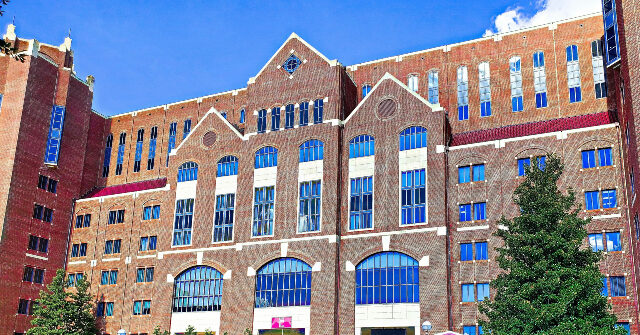










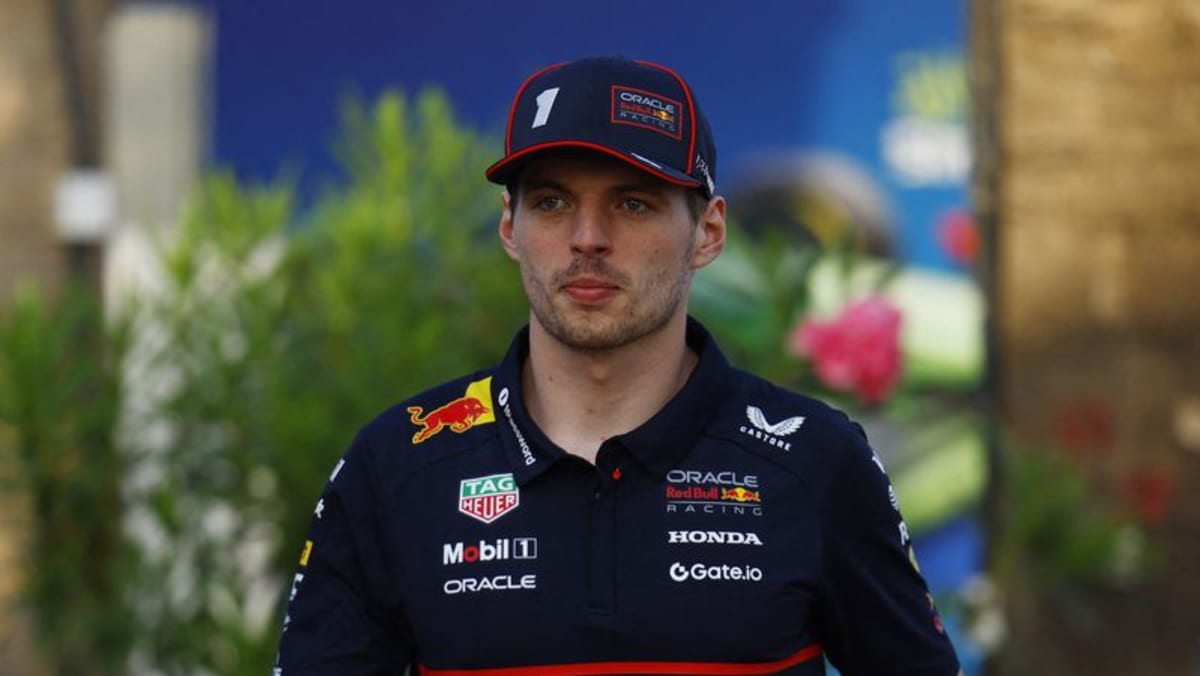

.JPG?width=1260&fit=cover&gravity=faces&dpr=2&quality=medium&source=nar-cms&format=auto&height=630)



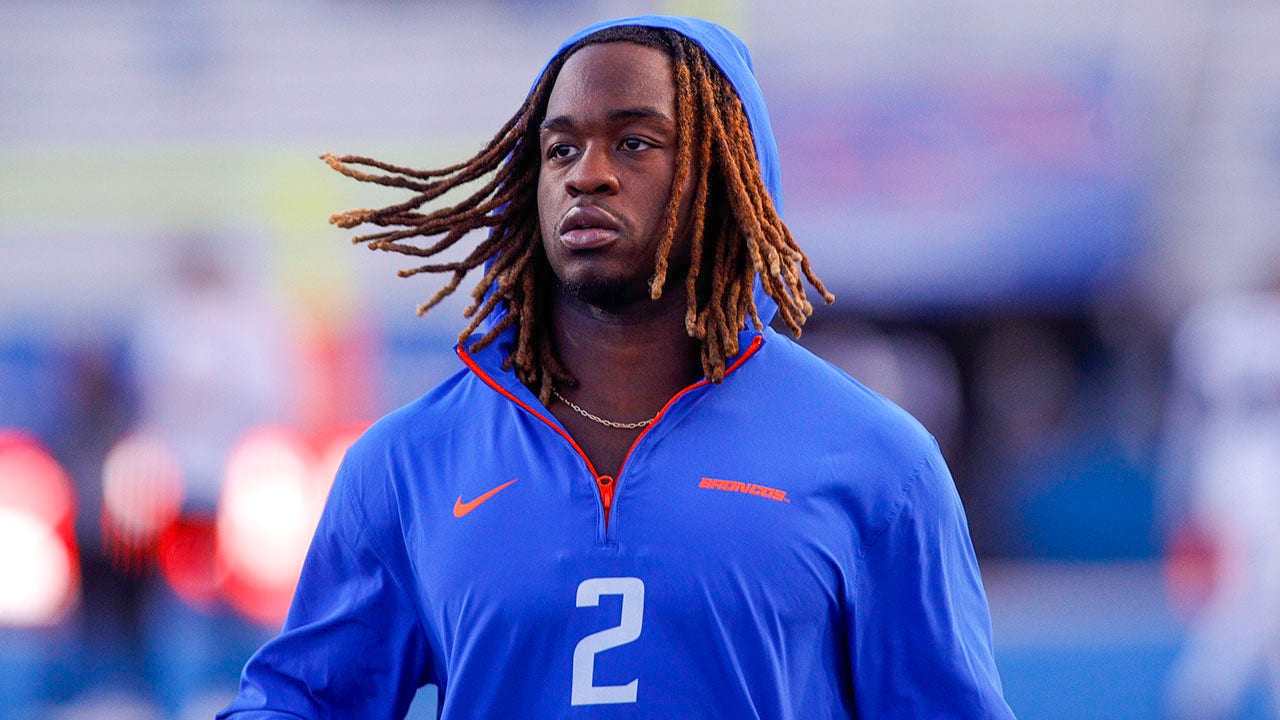

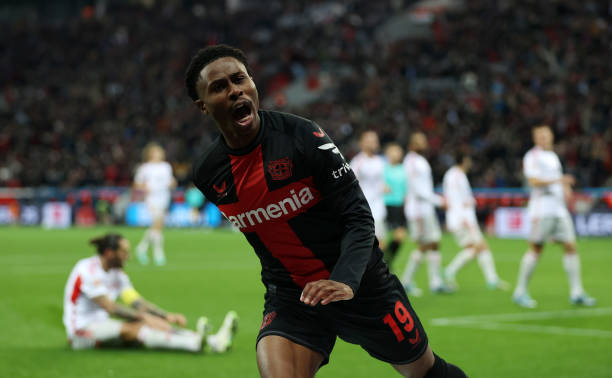
Discussion about this post